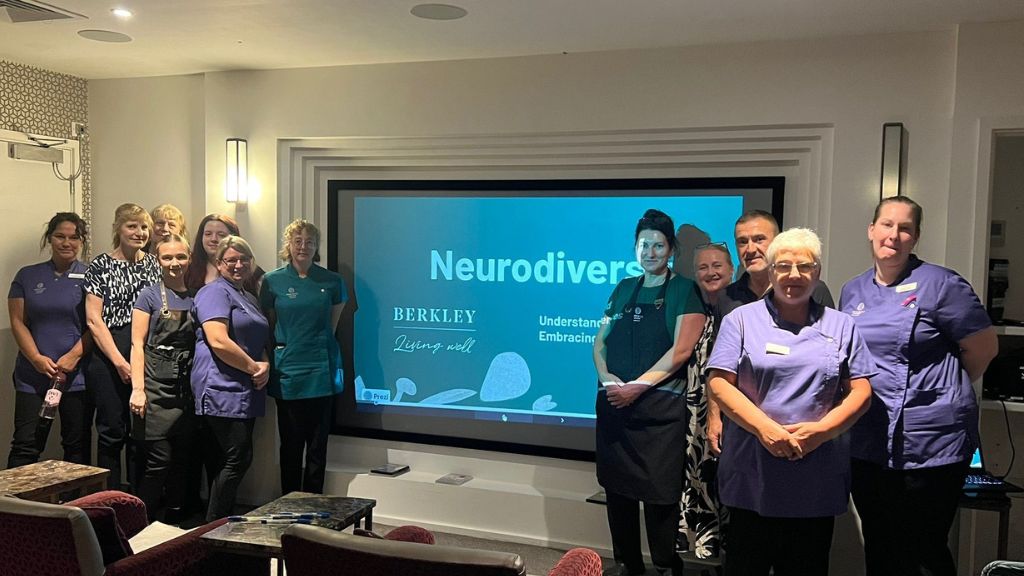Norrms’ blog: Mind your language please

Regular columnist Norrms’ McNamara reflects on what it’s like to live with dementia.
I was asked the other day if I thought that things had improved in the dementia world in the past few years and I said emphatically “Yes”, with more TV exposure, media, films and more people talking about it, how could it not have improved? But there was a time a while ago when the dementia language police made an appearance and said we couldn’t use this word or that word. I was absolutely horrified and still believe it did more harm than good. Here’s a perfect example…
Oh no, you cannot use the word “suffering” when it comes to dementia, you cannot say: “They are suffering from dementia”. What on this green land we call earth were they thinking about? Let’s get this into perspective, don’t we all, and I mean all, say we are suffering from a cold, headache, migraine, back ache etc? Then why would we be not allowed to say suffering from dementia?
It’s the most ridiculous thing I have ever heard and I know after being contacted by carers around the world it’s a word they use and will still use. I lost both my father and grandmother to dementia, and when they were both in late stages, they were so confused, so frightened, surrounded in a hospital by complete strangers as they didn’t recognise the people around them, when they were really loved by the ones around them. Please tell me they were not suffering, please look into the eyes of those with dementia who don’t know what day it is or if it’s day or night, or suffering (that word again) from horrific night terrors and hallucinations like myself that what they are going through isn’t suffering. And yet we make light of the word for everyday illnesses that are not terminal.
The second book I wrote was called Silent voices: Poems by an Alzheimer’s sufferer and I was absolutely lambasted for using the word suffering. Who are these people? Have they ever actually lived with someone who screams all night wanting their mum or dad as they are so frightened in the world they are in? It does make you wonder.
Then, to top it all off, we were told we could say “living well with dementia”. Well, that’s very good of them isn’t it? So what does living well with dementia actually mean? Does it mean those few hours when people like me are lucid enough to write things like this, or go to the shop for a newspaper, or hold an intelligent conversation with someone?
If that’s what they mean I would hardly call it “living well” – would you? When the other hours of the day are either spent in dementia’s grip of terror and fear, or in the uncertainty about what’s going to happen next. Lewy bodies is my type of dementia; I was misdiagnosed at first with Alzheimer’s before it was confirmed, hence the name of Alzheimer’s being used in my first three books. You see with Lewy bodies you can sometimes, and I must stress sometimes, recall what happened more than you can if you had Alzheimer’s, so when I am in the middle of town being chased by someone no one else can see – I call him the shadow man – and I am screaming and shouting for help, am I not suffering then?
Then as I wake the day after and remember what happened the day before, knowing I have absolutely no control of what may happen today or my actions as dementia takes over my brain without warning, how do you think I feel then?
Till next time…




